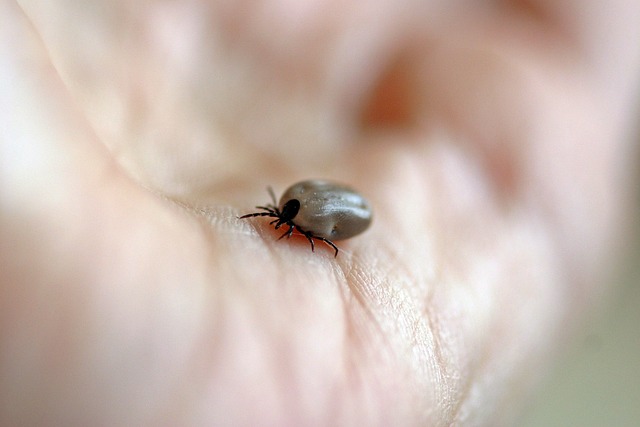There’s so much to love about summer! The green grass, hiking, enjoying nature…and ticks? Ok, nobody enjoys ticks! These blood-sucking and disease-infested insects can put a damper on your activities, your health, and even your pet’s health! This summer let’s get tick smart!
Ticks are small insects that come from the same family as spiders and scorpions, known as arachnids. To stay alive they need to feed on the blood of mammals, birds, and reptiles, which includes humans! According to the Centers for Disease Control (www.cdc.org), they are known to transmit diseases such as Lyme disease, Rocky Mountain spotted fever, and tick-borne encephalitis. In addition, a tick bite can become infected causing other issues such as cellulitis. Unfortunately for us, they are found in wooded and grassy areas and can live on domestic animals.
The Vermont Department of Health knows ticks are a common problem in Vermont, and that they really start to emerge in late April and stick (literally) around until late November. As climate changes impact our seasons the tick population has become increasingly concerning. Yet, because we know where ticks like to live, we can take necessary precautions during this time to protect ourselves, our children, and our pets from ticks.
A human’s best protection is to wear long sleeves and pants, avoid tall grass and wooded areas and some suggest a variety of insect repellents. If you are out hiking or enjoying nature, be aware and dress wisely. Most importantly for humans and pets, after spending any time outdoors, check your body for ticks! Don’t miss a spot! If possible, change your clothes and shake them out or bag them outside. If you see a tick, remove it.
If you see any signs of a rash or other symptoms, such as fever or muscle aches, reach out to a medical provider asap. If you didn’t see a tick on you but notice a bullseye rash and these symptoms, seek medical attention. Thankfully Lyme disease and other tick-borne illnesses can be effectively treated with antibiotics if caught early, but not all ticks will cause Lyme. You may have a bite and be fine. Monitor your area and just be aware.
Ticks used to be a random thing, maybe you’d hear someone else mention it. Now, if you spend any time outdoors you’ll see it’s more common. What we can do is be cautious and aware. Do not let these feisty bugs steal your joy this summer, have fun but be tick smart!
Mary Hoadley
Director of The Wellness Center


